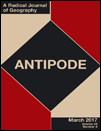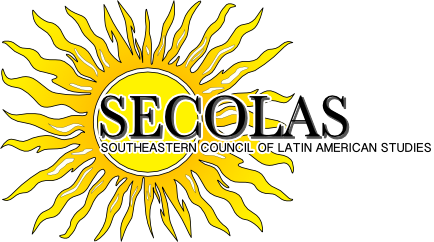britannica is putting customers to work
by nathan jurgenson The very idea of Wikipedia -the open-source encyclopedia that anyone with an internet connection can edit- has sparked many discussions about knowledge construction, such as the politics behind truth, the social construction of knowledge, the tyranny of epistemic expertism or populism, and so on. In these discussions, the Encyclopedia Britannica is often posed as the antithesis to Wikipedia. So it came as big news earlier this year that the Encyclopedia Britannica, the model of old-school expertism, is...





1530-2415/asset/SPSSI_logo_small.jpg?v=1&s=703d32c0889a30426e5264b94ce9ad387c90c2e0)